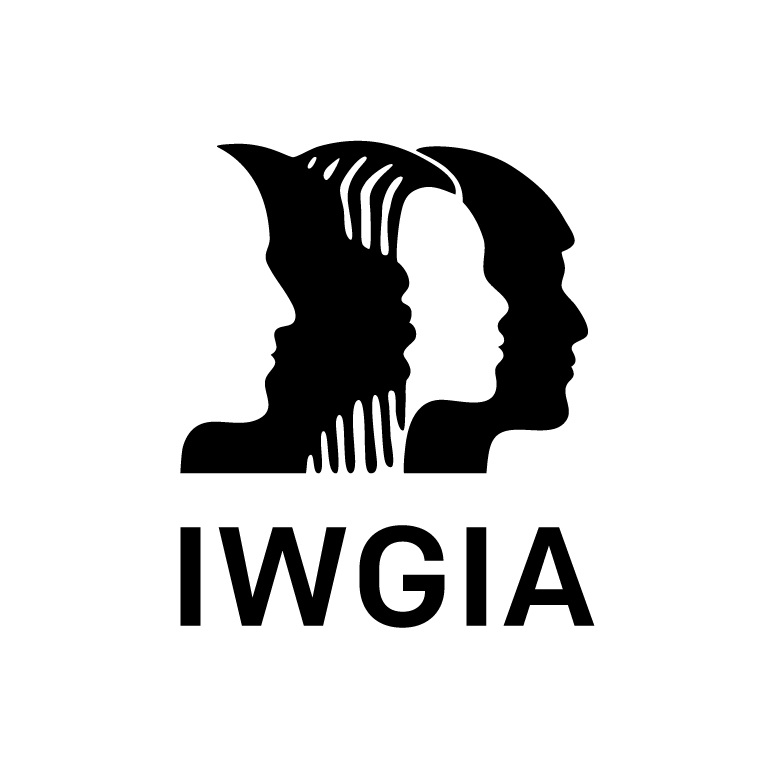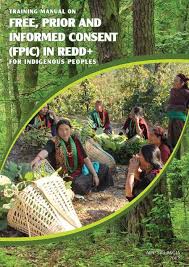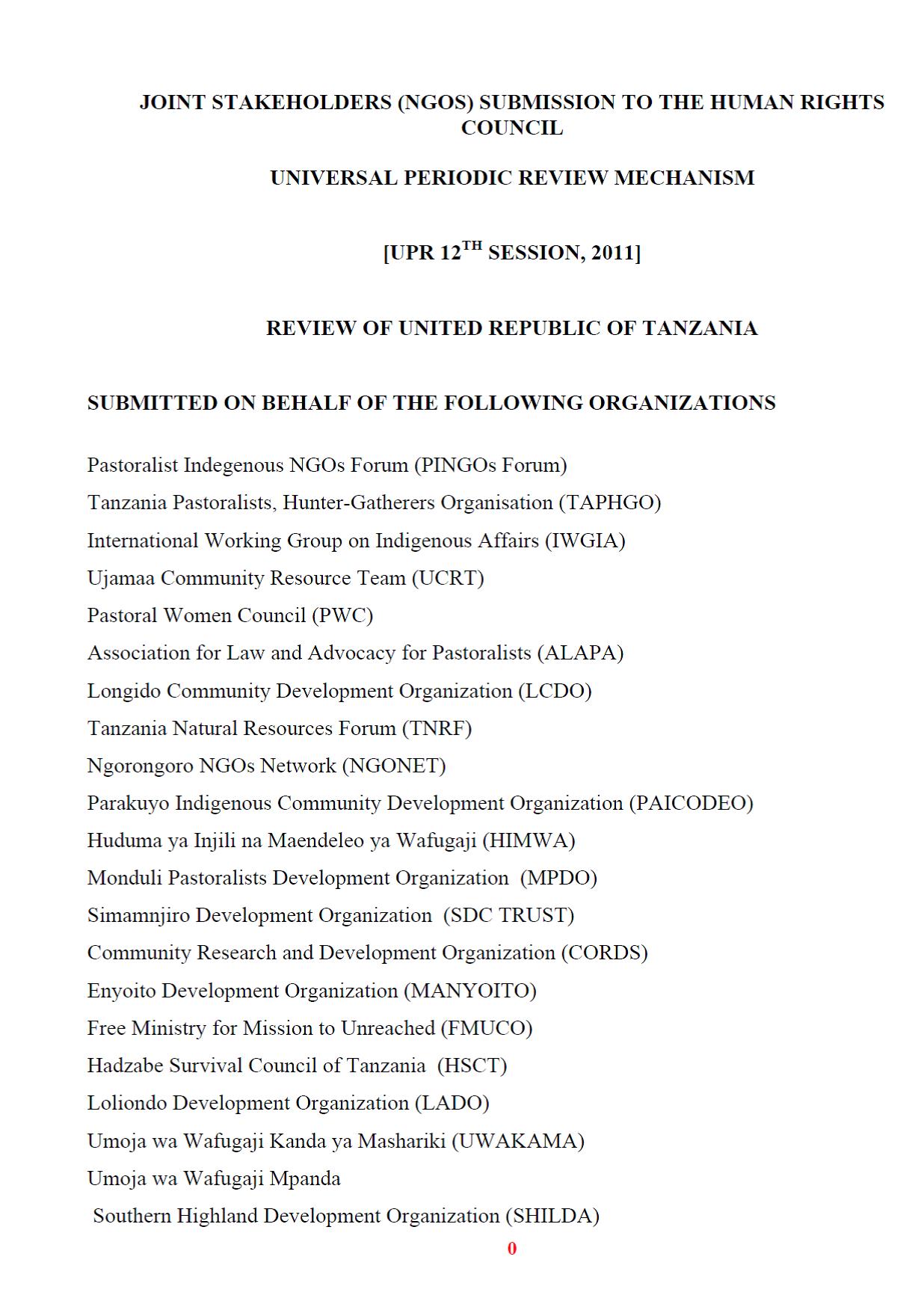Focal point
Location
IWGIA is a non-governmental human rights organisation promoting and defending Indigenous Peoples’ collective and individual rights.
We have supported our partners in this fight for more than 50 years.
We work through a global network of Indigenous Peoples’ organisations and international human rights bodies.
We promote recognition, respect and implementation of Indigenous Peoples’ rights, including the right to self-determination by virtue of which they can freely determine their political status and freely pursue their economic, social and cultural development.
Visit our website for more information and to access all our publications, including our flagship annual book The Indigenous World, a yearly overview of the state of the rights of Indigenous Peoples across individual countries and through various international mechanisms and processes.
Resources
Displaying 46 - 50 of 59Training Manual on Free, Prior and Informed Consent (FPIC) in REDD+ for Indigenous Peoples
This manual aims to build the capacities of the indigenous peoples, networks and organizations to advocate and work for the effective implementation of FPIC for indigenous peoples in the activities and projects relating to REDD+. In particular, the objective of this manual is to equip indigenous peoples with the knowledge and understanding of FPIC and REDD+; and to provide a general guide to communities on the application of FPIC in REDD+ activities in upholding their rights, interests and welfare.
Lamu Port-South Sudan-Ethiopia Transport Corridor (LAPSSET) and Indigenous Peoples in Kenya
The LAPSSET Corridor project, a major infrastructure development project that will run from Kenya to South Sudan and Ethiopia, will impact, positively or negatively, on the lives of more than 100 million people in the three countries. Indigenous peoples will potentially suffer the most negative impacts as a result of their having been historically marginalized economically, socially and politically. The recent discovery of oil in Turkana will add to the suffering of the Turkana peoples.
Joint Stakeholders (NGOs) Submission to the Human Rights Council- Universal Periodic Review Mechanism
This report is a compilation of primary and secondary sources of information, evidences and facts collected through consultative meetings and interviews with CSOs and Community members. More information was obtained from different credible sources including the UN treaty bodies, UN special procedures, ACHPR, government reports, media as well as reports of fact finding missions of pastoralists’ CSOs members. Validation was done by pastoralist CSOs and National CSOs in two different meetings
Joint Stakeholders (NGOs) Submission to the Human Rights Council- Universal Periodic Review Mechanism
This report is a compilation of primary and secondary sources of information, evidences and facts collected through consultative meetings and interviews with CSOs and Community members. More information was obtained from different credible sources including the UN treaty bodies, UN special procedures, ACHPR, government reports, media as well as reports of fact finding missions of pastoralists’ CSOs members. Validation was done by pastoralist CSOs and National CSOs in two different meetings
Joint Stakeholders (NGOs) Submission to the Human Rights Council- Universal Periodic Review Mechanism
This report is a compilation of primary and secondary sources of information, evidences and facts collected through consultative meetings and interviews with CSOs and Community members. More information was obtained from different credible sources including the UN treaty bodies, UN special procedures, ACHPR, government reports, media as well as reports of fact finding missions of pastoralists’ CSOs members. Validation was done by pastoralist CSOs and National CSOs in two different meetings





